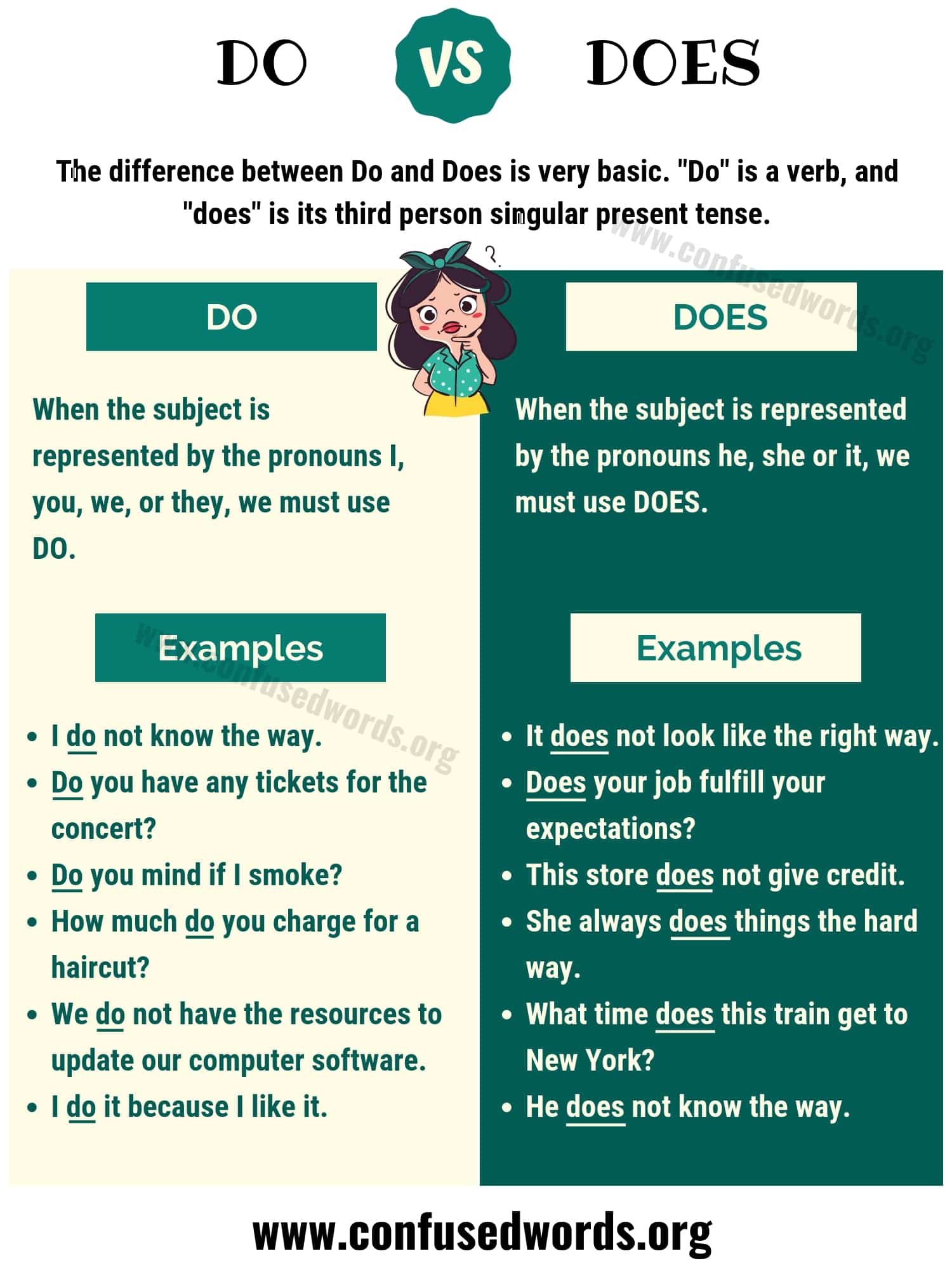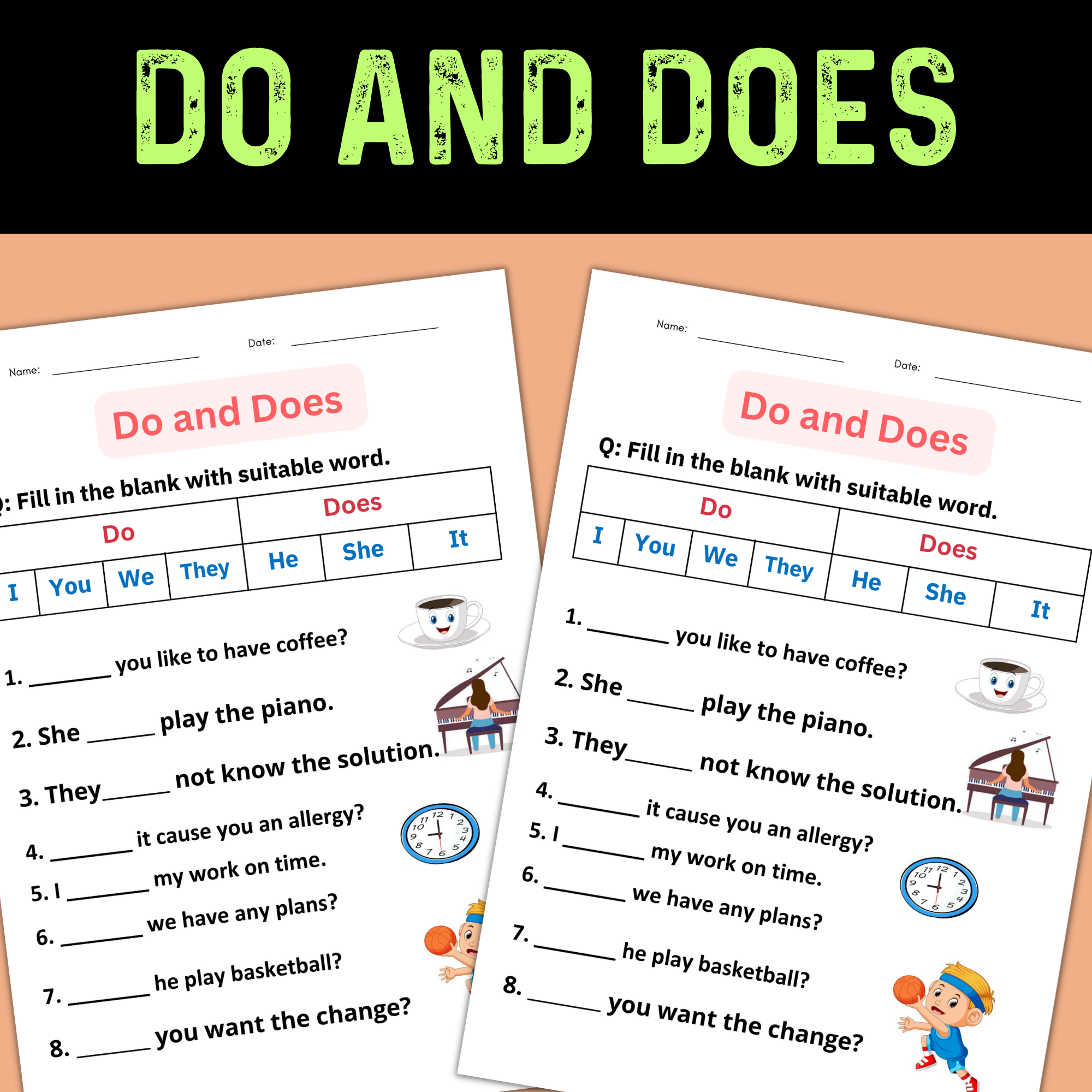Your Complete Guide to Launching a Successful Finance Career
Introduction: Navigating the Path to Finance
Embarking on a career in finance offers intellectual challenge, long-term stability, and significant earning potential. As finance roles evolve, employers seek not only academic credentials but also practical skills, industry knowledge, and a proactive approach to professional development. Whether you are a student, recent graduate, or considering a career change, this guide provides a step-by-step roadmap to help you break into the finance industry, overcome barriers, and access real opportunities.
1. Understand the Finance Landscape
The finance sector encompasses diverse roles, including financial analysts, investment bankers, personal financial advisors, and risk managers. Each position demands a unique mix of technical skills, analytical thinking, and business acumen. Entry-level roles such as financial analyst or personal financial advisor are common starting points and often require a bachelor’s degree in finance, business, or related fields. According to industry reports, even entry-level finance positions offer lucrative starting salaries, frequently ranging from $60,000 to nearly $100,000 per year, depending on location and employer [1] .
2. Build a Solid Educational Foundation
While a degree is not strictly mandatory for all finance roles, most employers favor candidates with at least a bachelor’s degree in finance, accounting, economics, or business. This educational background exposes you to core concepts such as financial modeling, investment analysis, and risk management, providing a competitive edge in the job market [2] . For those seeking to further distinguish themselves, professional certifications like CFA (Chartered Financial Analyst) or CMC (Certified Management Consultant) may enhance credibility and open additional doors, particularly for analyst roles or consulting positions.
3. Gain Practical Experience through Internships
Internships are critical for translating academic knowledge into real-world skills. They offer hands-on exposure to workplace dynamics, industry tools, and client communication. Completing internships in different finance subsectors-such as corporate finance, asset management, or banking-can help you refine your interests and build a versatile resume. Internships also expand your professional network, making it easier to secure full-time roles upon graduation [2] . If you are new to the field, seek out internship postings on reputable job boards, university career centers, or directly on company websites.
For those already working or unable to secure formal internships, consider volunteering for budget management or fundraising roles in community organizations to build practical financial skills.

Source: stock.adobe.com
4. Develop In-Demand Technical and Soft Skills
Modern finance professionals must master both technical and interpersonal abilities. Employers increasingly value candidates who can:
- Build and interpret financial models using Excel or specialized software
- Analyze budgets, investment portfolios, and market trends
- Communicate complex financial concepts clearly to diverse stakeholders
- Demonstrate critical thinking, attention to detail, and ethical judgment
To improve your skills, leverage free online resources, university courses, or training programs. Creating an online portfolio of personal finance projects (such as analyzing stocks or building a hypothetical investment plan) can demonstrate your abilities to potential employers, even if you lack formal experience [3] .
5. Tailor Your Resume and Cover Letter
Finance hiring managers look for results-driven, concise resumes that highlight relevant skills and quantifiable achievements. If you lack direct finance experience, emphasize transferable skills such as problem-solving, data analysis, or project management from your academic, volunteer, or prior work history. Use action verbs-“analyzed,” “managed,” “researched”-to convey impact. Customize each application for the specific role and company [4] .
Provide context for your achievements, such as “Developed a budget forecast for a student organization, resulting in a 10% funding increase.” Detailing your contributions, even outside formal finance roles, shows initiative and results-oriented thinking.
6. Build and Leverage Your Professional Network
Networking remains a cornerstone of success in the finance industry. Many opportunities arise through connections rather than public job postings. Start by creating a professional LinkedIn profile and joining finance-related groups. Follow companies of interest, comment on industry posts, and reach out for informational interviews with professionals in your desired field. Attending industry webinars, career fairs, or alumni events offers opportunities to make direct contacts [4] .
When reaching out, be respectful and concise, expressing genuine interest in learning rather than simply asking for a job. A simple message such as “I am exploring careers in finance and would greatly appreciate your insights on the industry” can open doors. Always thank your contacts for their time and advice.

Source: animalia-life.club
7. Stay Current with Industry Trends
The finance sector is dynamic, shaped by technological advancements, regulatory changes, and global market trends. Demonstrating up-to-date knowledge in interviews or networking conversations sets you apart from other candidates. Regularly read reputable financial news sources such as The Wall Street Journal or Bloomberg. Many universities also provide access to financial databases and journals for students and alumni [3] .
Consider subscribing to free newsletters, attending webinars, or participating in online finance simulations to further your understanding and stay engaged with industry developments.
8. Explore Entry-Level Job Opportunities
A wide range of entry-level roles exist in finance, each offering unique learning experiences and growth potential. Common positions include:
- Financial Analyst
- Personal Financial Advisor
- Credit Analyst
- Bank Teller or Relationship Banker
- Risk or Compliance Associate
Research each role to understand required qualifications and typical career progression. Salaries and job descriptions can vary significantly by region and employer; always consult up-to-date salary data from reputable sources or professional associations [1] .
9. Overcome Challenges and Barriers
Breaking into finance can be daunting, especially without direct experience or connections. Persistence and adaptability are crucial. If initial applications are unsuccessful, seek feedback and refine your approach. Consider alternative pathways such as contract roles, temp positions, or roles in related fields like accounting or operations. These positions can provide valuable experience and serve as stepping stones into core finance functions.
Additionally, proactive learning-such as completing finance simulations, participating in competitions, or earning micro-credentials-can demonstrate your commitment and skillset to employers.
10. Next Steps: Accessing Real Opportunities
To move forward, begin by:
- Researching finance job openings on established job boards and company career pages
- Contacting your university career center for internship placement or alumni mentorship programs
- Joining relevant professional associations, such as the CFA Institute or local finance clubs
- Preparing for common finance interview questions by practicing with peers or mentors
If you are uncertain where to start, consider searching “entry-level finance jobs” on job platforms like Indeed, Glassdoor, or LinkedIn. For professional certifications, visit the official CFA Institute or CMC websites for detailed application instructions.
Remember, starting a finance career is a marathon, not a sprint. Focus on building foundational skills, expanding your network, and seizing learning opportunities. Persistence, adaptability, and a willingness to learn are your greatest assets as you embark on this rewarding journey.
References
MORE FROM getscholarships.net













